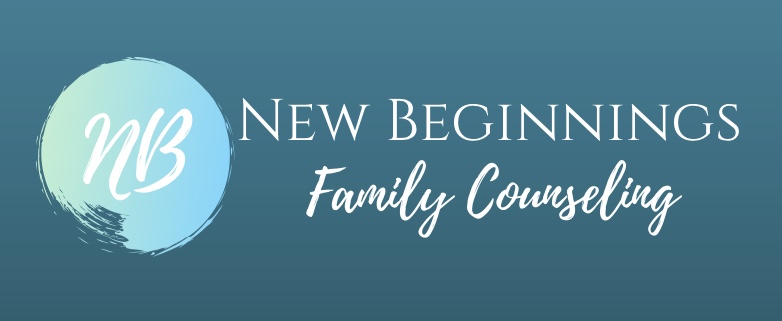 Today marks the beginning of Maternal Mental Health Awareness week! The theme for this year is “#RealMotherhood #NoShame.” As a specialist in working with new mothers suffering from postpartum anxiety and depression, I want to join those who want to raise awareness of the #1 complication of pregnancy: Perinatal Mood & Anxiety Disorders (or PMAD’s).
Today marks the beginning of Maternal Mental Health Awareness week! The theme for this year is “#RealMotherhood #NoShame.” As a specialist in working with new mothers suffering from postpartum anxiety and depression, I want to join those who want to raise awareness of the #1 complication of pregnancy: Perinatal Mood & Anxiety Disorders (or PMAD’s).
One in 7 women are at risk of having a difficult time adjusting to becoming a new mom. This is something we, as women, rarely like to talk about. There is so much shame surrounding negative thoughts about motherhood. Having scary or intrusive thoughts about our babies can be very distressing. Many women think to themselves, “What kind of mother thinks these things?” resulting in feelings of severe guilt. Because of this, these new mothers rarely talk about what they are going through with anyone, including their partners, leaving them feeling isolated and alone. For most women, it is an unanticipated experience to have these thoughts and feelings, causing great anxiety, fear and sadness at a time when it is expected to be one of the greatest time in a woman’s life.
The message I want to emphasize about PPD is simply:
- This is not your fault
- You are not alone
- You will feel better and be yourself again
There is a lot of support and community resources available for women experiencing symptoms of postpartum anxiety and depression. Attending a local support group for women is one of the best ways to reduce feelings of isolation, guilt and shame. You feel understood and the thoughts and feelings are normalized with other new moms. This kind of support helps women begin to feel hopeful that they will feel better and not feel so isolated and alone. There are also mental health specialists who are trained and certified to help women through this challenging time. Therapy, support groups and medication, if necessary, provide the best outcomes and recovery for women experiencing PPD.
If you are interested learning more about this important topic, please check out the following links:
https://www.thebluedotproject.org/whataremmhdisorders/
We also have a lot of additional information on our website about where you can go to learn more about PPD, under our “Resources” page.
Thanks for reading! =)

Leave a Reply